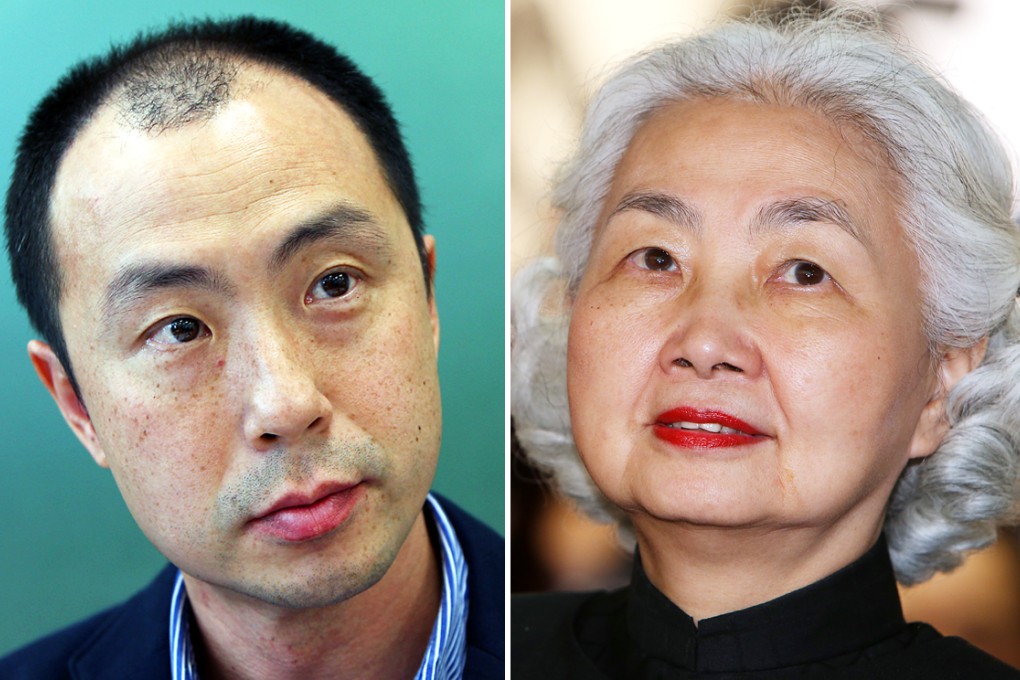Hong Kong government's school kit on Basic Law triggers more doubts
Does the city come under the Hong Kong and Macau Affairs Office or directly under Beijing? The answer is both, according to a chart

A close look at a new Basic Law teaching kit for secondary schools has thrown up more questionable elements, this time over its placement of the city under Beijing's Hong Kong and Macau Affairs Office in a chart illustrating ties between the city and the central government.
The package was also found wanting in teaching pupils about civil rights, instead stressing Beijing's authority over the city, a pro-democracy teacher said.
Critics have accused the government of seeking to brainwash the young and push Beijing's view of the mini-constitution since the launch of the Education Bureau kit on Wednesday.
Elsie Leung Oi-sie, a voluntary adviser to the editorial board of the kit, insisted the chart was correct because one of the office's duties was to manage the city's affairs.
"The State Council's Hong Kong and Macau Affairs Office manages Hong Kong affairs directly," Leung, who is also vice-chairwoman of the national legislature's Basic Law Committee, said yesterday.
"But the chart also states Hong Kong comes directly under the Central People's Government in accordance with Basic Law Article 12. Therefore, it is not a new concept."
According to the council's website, the office's duties include advising the central government on Hong Kong policies and legal issues related to the implementation of the Basic Law; implementing the central government's policies on the city; and related liaison duties.